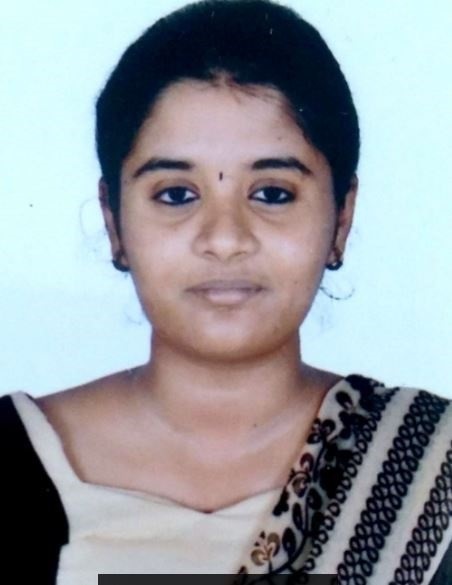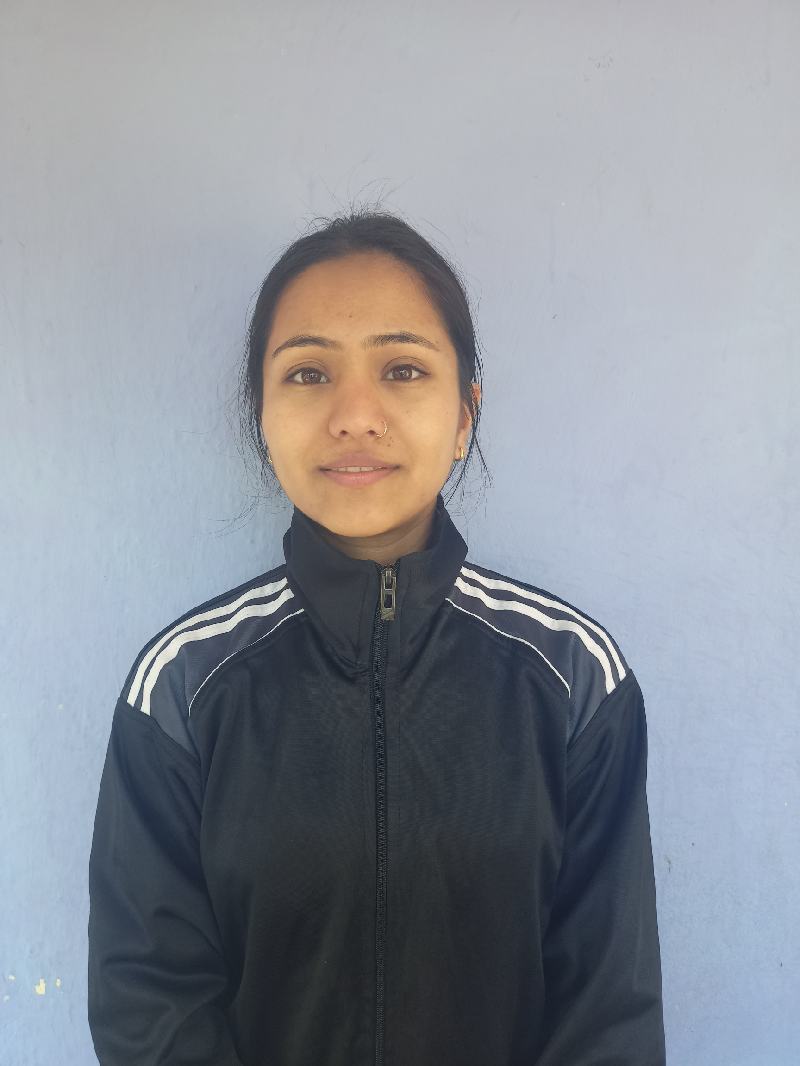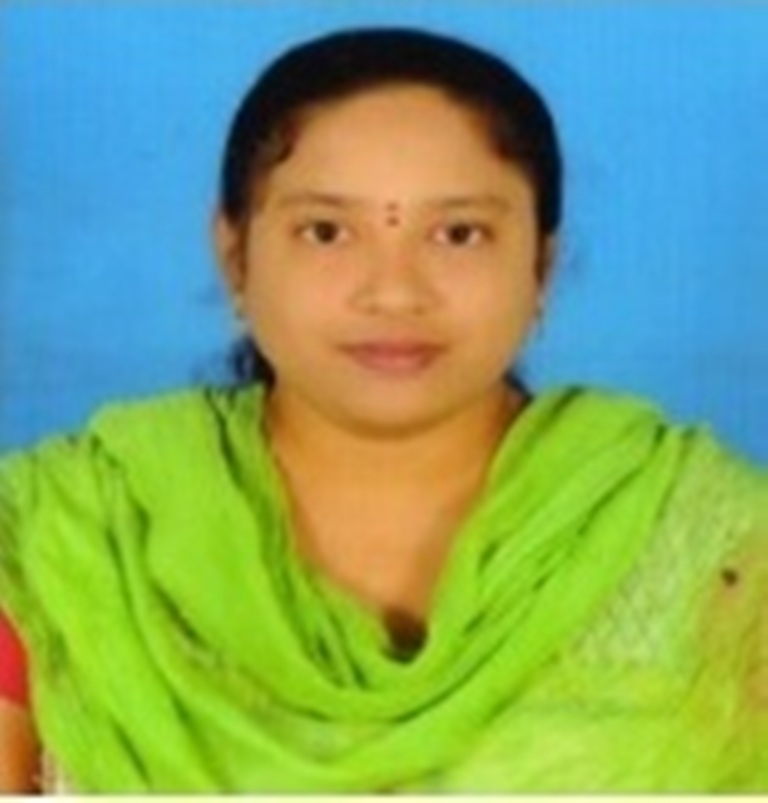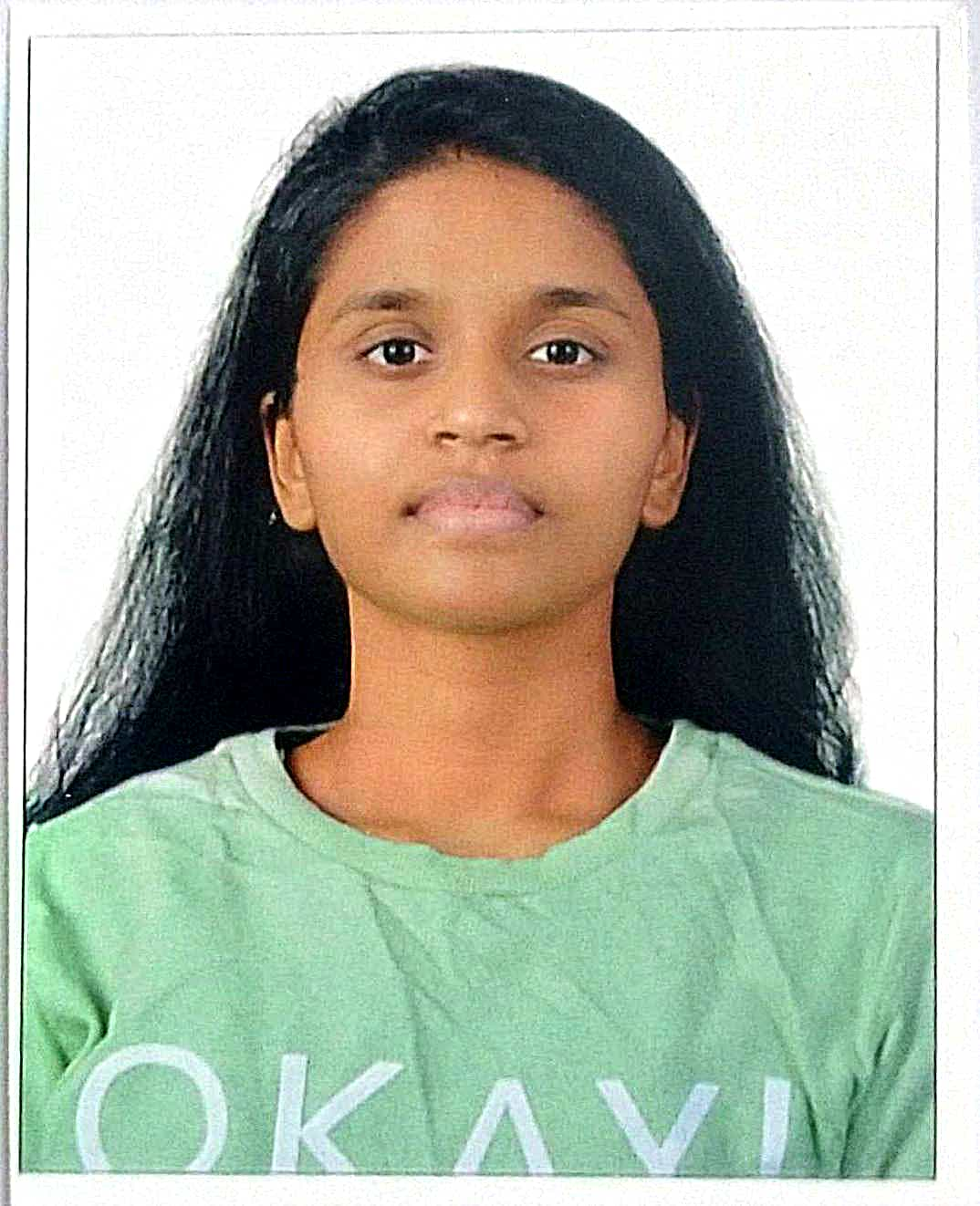Course abstract
The times are changing: we live in an era when issues such as climate change, over population, pollution, habitat loss and mass extinction of species are no longer just academic concepts; we are witnessing them in our daily lives and suffering their consequences. We are continuously trashing our planet and harming ourselves in the process. And this is when we know so much about what the issues are, how and why they arise, and how they can be solved. We have the technological solutions; and still we?re largely unable to actually solve the problems. This is largely because these problems require not just a technological solution ? they also require reworking of national and global policies. And solving the problems will entail costs and require money ? such as for treating waste water before disposal, for increasing the efficiency of resource utilisation to reduce overconsumption of resources, for shifting to greener sources of energy that don?t emit greenhouse gases, for shifting to green chemistry that doesn?t pollute, for making infrastructures that do not harm the wildlife, and for incentivising more research to make better technologies. It is these costs, and not just a lack of technology, that prevent us from solving the problems. Thus, the need of the hour is to understand the Economics of Conservation to create an environment where we can use technologies to solve our problems. In this course, we shall look at the processes of Conventional Economics that have led to the destruction of the environment by putting profits above everything, and how we can solve these issues of Conventional Economics with a better understanding of Economics ? Green Economics.
Course Instructor

Prof. Ankur Awadhiya
Dr. Ankur Awadhiya (B. Tech IIT Kanpur 2009, Ph. D IIT Kanpur 2015, AIGNFA IGNFA Dehradun 2016, PGDAWM WII Dehradun 2018) is an IFS officer borne on the Madhya Pradesh cadre. His interests include photography, tourism, research, instrumentation and creative literary pursuits.More info
Teaching Assistant(s)
No teaching assistant data available for this course yetCourse Duration : Jan-Apr 2021
View Course
Syllabus
Enrollment : 18-Nov-2020 to 25-Jan-2021
Exam registration : 15-Jan-2021 to 12-Mar-2021
Exam Date : 25-Apr-2021
Enrolled
712
Registered
85
Certificate Eligible
65
Certified Category Count
Gold
17
Silver
26
Elite
19
Successfully completed
3
Participation
5
Legend
AVERAGE ASSIGNMENT SCORE >=10/25 AND EXAM SCORE >= 30/75 AND FINAL SCORE >=40BASED ON THE FINAL SCORE, Certificate criteria will be as below:
>=90 - Elite + Gold
75-89 -Elite + Silver
>=60 - Elite
40-59 - Successfully Completed
Final Score Calculation Logic
- Assignment Score = Average of best 8 out of 12 assignments.
- Final Score(Score on Certificate)= 75% of Exam Score + 25% of Assignment Score
Enrollment Statistics
Total Enrollment: 712
Registration Statistics
Total Registration : 85
Assignment Statistics
Exam score
Final score
.jpg)
.jpg)
.jpg)
.jpg)






